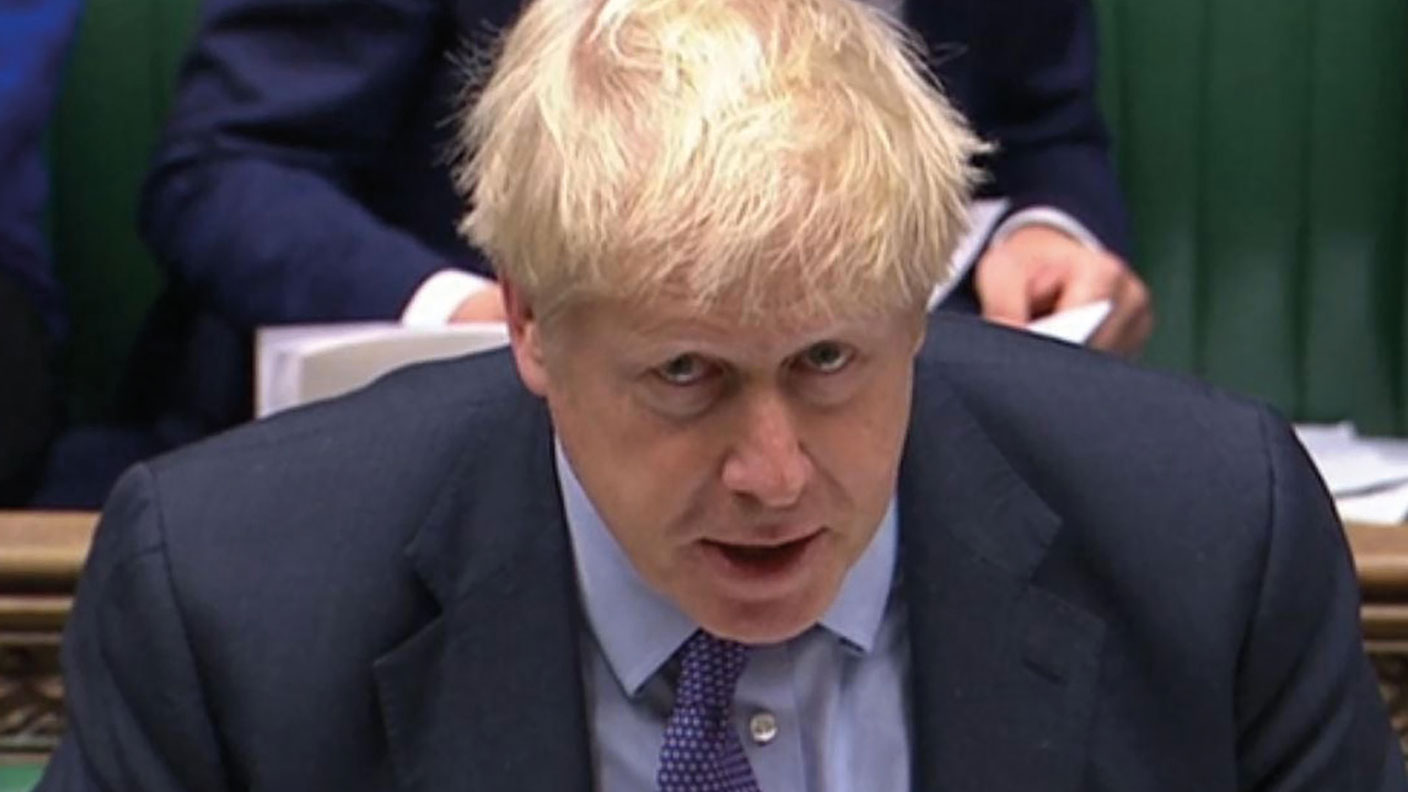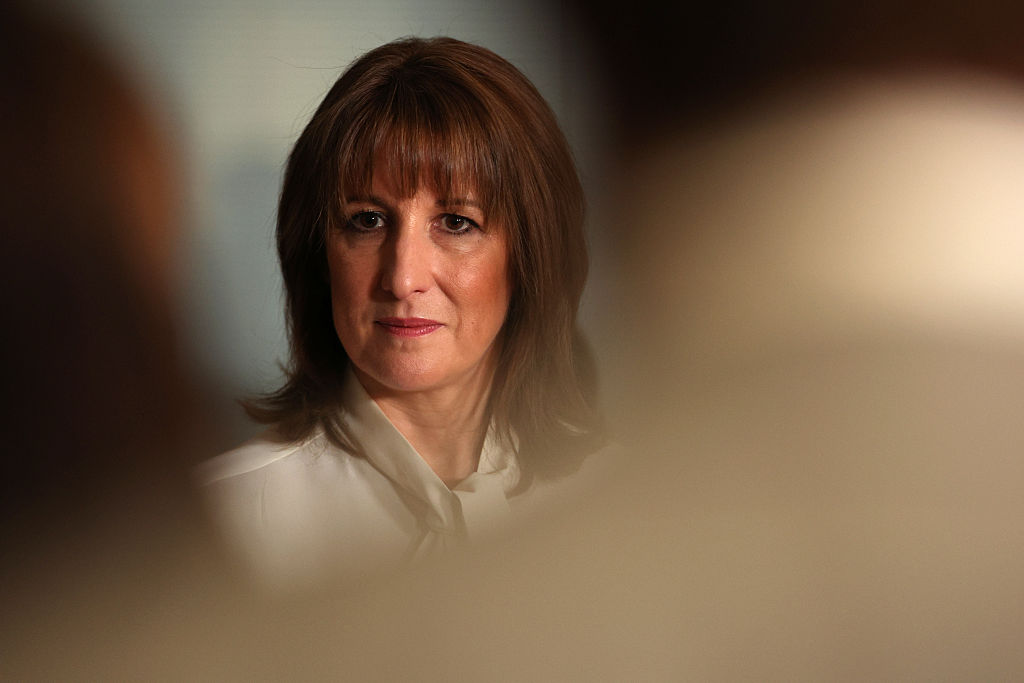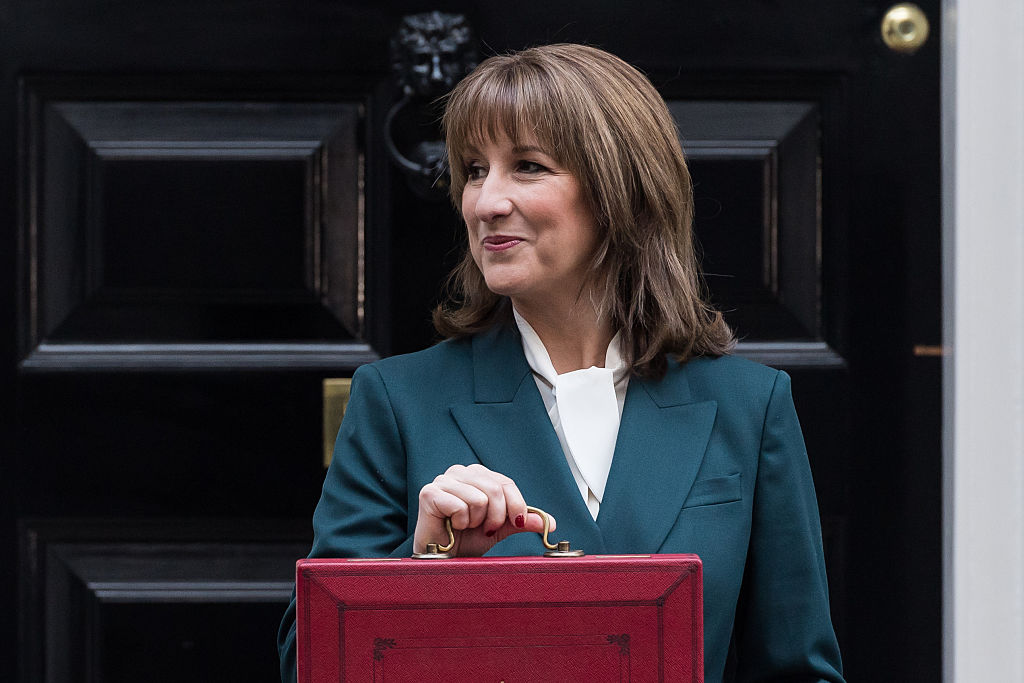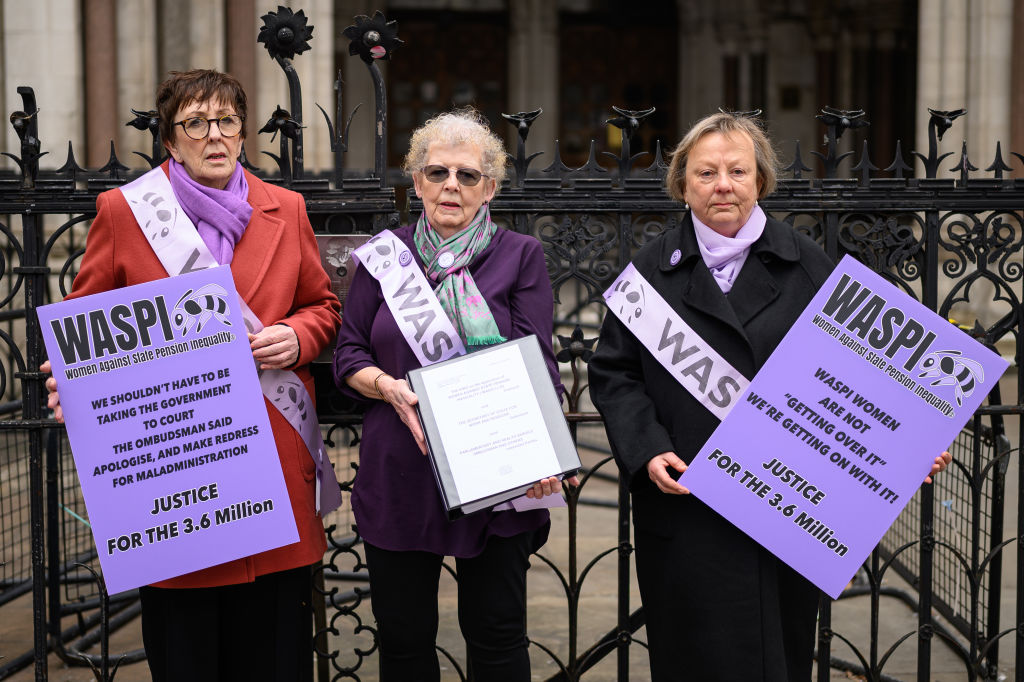The myth of hypothecated taxes
The government wants to add a penny on our National Insurance contributions to pay for social care. But it won’t, says Merryn Somerset Webb. It will just vanish into the black hole of our public finances.


Get the latest financial news, insights and expert analysis from our award-winning MoneyWeek team, to help you understand what really matters when it comes to your finances.
You are now subscribed
Your newsletter sign-up was successful
Want to add more newsletters?

Twice daily
MoneyWeek
Get the latest financial news, insights and expert analysis from our award-winning MoneyWeek team, to help you understand what really matters when it comes to your finances.

Four times a week
Look After My Bills
Sign up to our free money-saving newsletter, filled with the latest news and expert advice to help you find the best tips and deals for managing your bills. Start saving today!
Remember how Boris Johnson told us that with him as prime minister we were safe from income tax and National Insurance (NI) rises? Turns out (surprise!) that he was wrong. It seems his government has decided that NI is to rise by one percentage point – from 12% to 13% (an 8.3% rise) for those earning from £9,568 to £50,270 a year, and to 3% for incomes above that (a 50% rise). This, if it works as planned, should raise around £6bn a year – £12bn if employers also get hit with the extra percentage point. The money is to be spent on trying to cut NHS waiting lists and then on capping the cost of social care (in England – Scotland will just get its share of the loot for spending on whatever soon-to-fail project the SNP has in mind at the moment).
You may think this sounds OK – we have to pay for this stuff somehow, right? It isn’t. For starters, exempting those over state pension age and still working from the tax is a mistake. Some will say that the 67-plus group have already paid an awful lot of NI. They have. But the key point is that it turns out that an awful lot has not been enough (or we would be not be where we are now). You could argue that there is no such thing as “enough” when it comes to financing government spending. You would be right – but in itself that is not an argument for chucking a new element of intergenerational unfairness into the mix. If there is to be a hypothecated tax to finance a service anyone might need, then everyone must pay – it would be more honest, if politically trickier (because you can’t hide half the hit in employers’ NI) to just put a penny on our already-high income tax levels.
This brings us to the very idea of a hypothecated tax. We don’t have those in the UK. Your NI does not go on the NHS – it’s just a misleadingly-named extra income tax. Your road tax does not go on the roads. Your air passenger duty does not go on emissions mitigation. So what makes anyone think that this mooted extra penny on NI will actually go on social care rather than vanish into the black hole that is the public finances? Still it doesn’t matter what we think. What does matter is first that, while the social care discussion has been delayed until after the summer, your taxes are very likely to go up (despite the success of the UK’s vaccination programme and speed of our recovery); and second, that thanks to rising inflation and frozen allowances, they are going to go up even more than you think in inflation-adjusted terms.
MoneyWeek
Subscribe to MoneyWeek today and get your first six magazine issues absolutely FREE

Sign up to Money Morning
Don't miss the latest investment and personal finances news, market analysis, plus money-saving tips with our free twice-daily newsletter
Don't miss the latest investment and personal finances news, market analysis, plus money-saving tips with our free twice-daily newsletter
On to inflation. The place to start thinking about this is in this week's issue, where Cris Heaton reviews Russell Napier’s latest book (which you must read). The key takeaway is that the debt-driven fragility of today’s financial system is a direct result of the bad policy made in the wake of the Asian Crisis of 1995-1998. That kicked off the deflationary impulse in the West, that gave us the low interest rates, that gave us the Great Financial Crisis, that gave us quantitative easing (QE) – which is financing the huge rise in the money supply that is now giving us inflation. It’s worth understanding how this works – the dynamic will be with us for a long time to come. For more on the consequences of QE, see this' week's strategy page – John looks at how it has become a “dangerous addiction” for central banks. Then for a real-world take on the problem, Bill Bonner laments the rise in the prices of second-hand tractors. It doesn’t take long for the price of a tractor to affect the price of a loaf of bread. Best to be ready.
Get the latest financial news, insights and expert analysis from our award-winning MoneyWeek team, to help you understand what really matters when it comes to your finances.

-
 Early signs of the AI apocalypse?
Early signs of the AI apocalypse?Uncertainty is rife as investors question what the impact of AI will be.
-
 Reach for the stars to boost Britain's space industry
Reach for the stars to boost Britain's space industryopinion We can’t afford to neglect Britain's space industry. Unfortunately, the government is taking completely the wrong approach, says Matthew Lynn
-
 Rachel Reeves is rediscovering the Laffer curve
Rachel Reeves is rediscovering the Laffer curveOpinion If you keep raising taxes, at some point, you start to bring in less revenue. Rachel Reeves has shown the way, says Matthew Lynn
-
 Investing in forestry: a tax-efficient way to grow your wealth
Investing in forestry: a tax-efficient way to grow your wealthRecord sums are pouring into forestry funds. It makes sense to join the rush, says David Prosser
-
 'Expect more policy U-turns from Keir Starmer'
'Expect more policy U-turns from Keir Starmer'Opinion Keir Starmer’s government quickly changes its mind as soon as it runs into any opposition. It isn't hard to work out where the next U-turns will come from
-
 Modern Monetary Theory and the return of magical thinking
Modern Monetary Theory and the return of magical thinkingThe Modern Monetary Theory is back in fashion again. How worried should we be?
-
 The coming collapse in the jobs market
The coming collapse in the jobs marketOpinion Once the Employment Bill becomes law, expect a full-scale collapse in hiring, says Matthew Lynn
-
 Rachel Reeves's punishing rise in business rates will crush the British economy
Rachel Reeves's punishing rise in business rates will crush the British economyOpinion By piling more and more stealth taxes onto businesses, the government is repeating exactly the same mistake of its first Budget, says Matthew Lynn
-
 The consequences of the Autumn Budget – and what it means for the UK economy
The consequences of the Autumn Budget – and what it means for the UK economyOpinion A directionless and floundering government has ducked the hard choices at the Autumn Budget, says Simon Wilson
-
 Why the Waspi women are wrong
Why the Waspi women are wrongOpinion Compensation for the Waspi women would mean using an unaffordable sledgehammer to crack a nut, says David Prosser